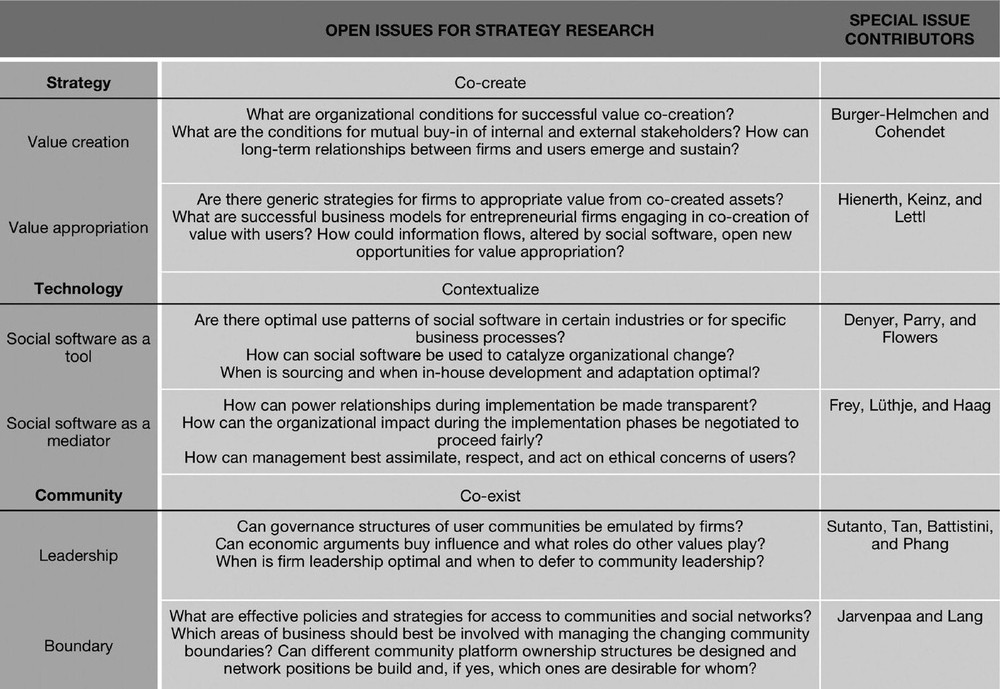My colleague Alexander Richter and I recently presented an article on ‘Leadership 2.0’ at the Hawaii International Conference on System Sciences (HICSS). The article deals with the impact of social media and online communities on leaders in organizations. We present a framework to support and engage leaders in the transition process towards a networked organization. You can find the abstract, our conference presentation, and the full citation below.
“The adoption of social software brings about a plethora of socio-technological changes for organizations. A still largely unresolved challenge is to develop a better understanding of the consequences for leadership. To address this challenge, we first develop the notion of leadership 2.0, delineating it from previous leadership approaches. Then, we present results from 24 interviews conducted with project leaders for social software projects of publicly listed, mostly multinational organizations. Analyzing the interviews, we derive a set of activities that help to consider the role of leaders during the adoption and use of social software. We group the activities into three categories: convince (engage and activate leaders), sensitize (demonstrate the impact and develop new leadership models) and coach (help leaders to embrace the new tools and understand emergent use cases). We present this set of interventions as a framework to support and engage leaders in the transition process towards a networked organization.”
Reference:
Richter, A., & Wagner, D. 2014. Leadership 2.0: Engaging and Supporting Leaders in the Transition towards a Networked Organization. Proceedings of the 47th Hawaii International Conference on System Sciences: 574–583, Los Alamitos, CA, USA: IEEE Computer Society. [Link]



